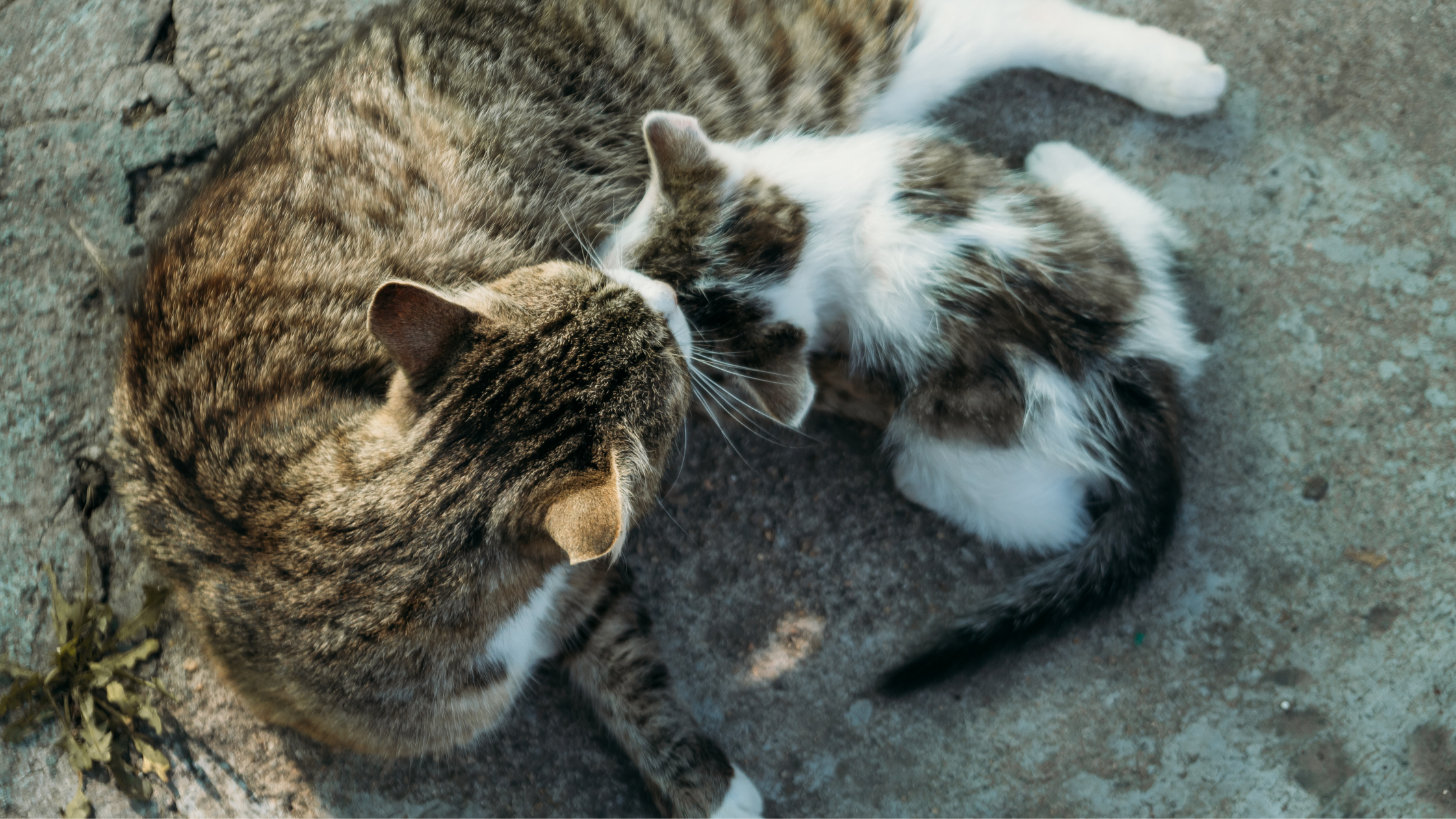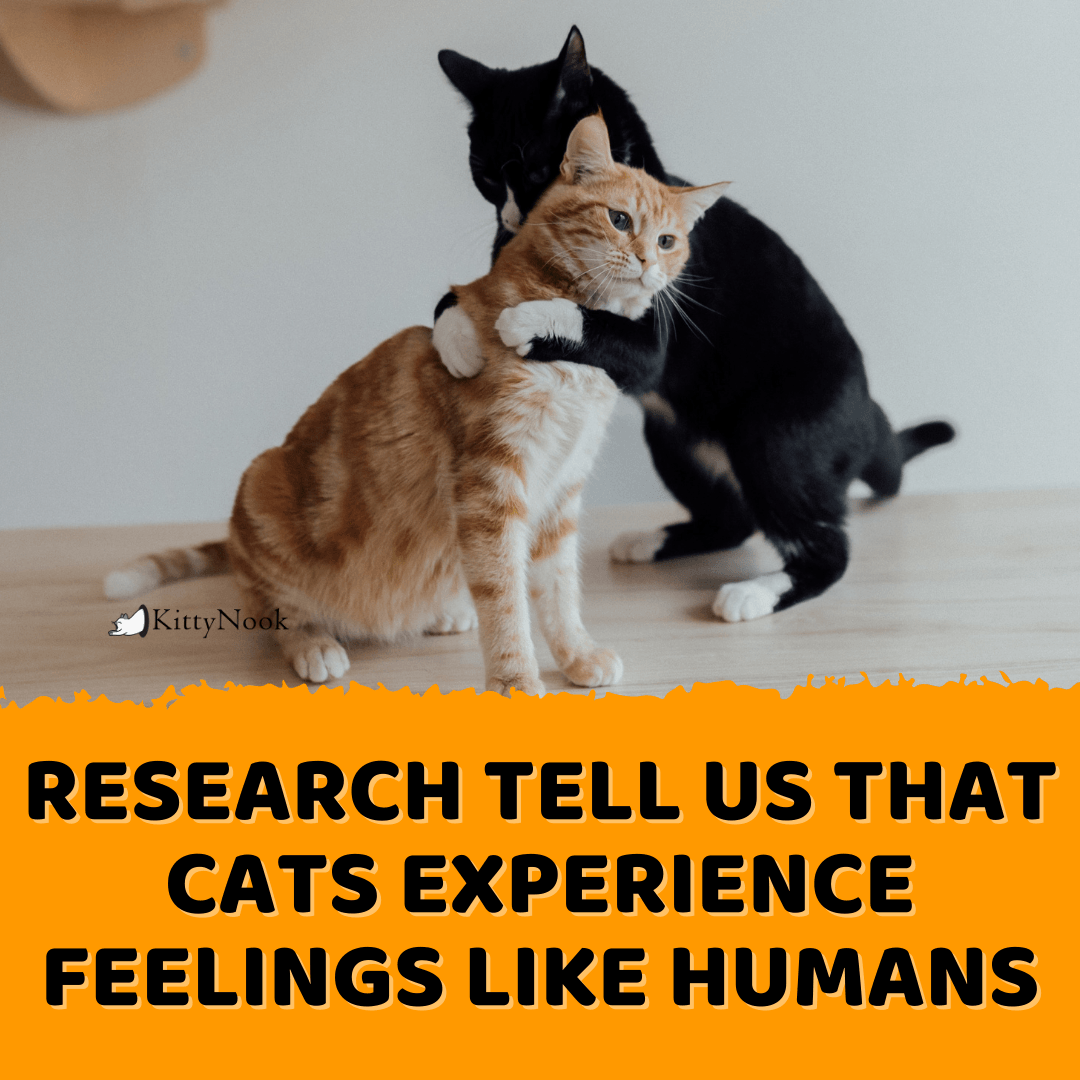We know that humans feel deep emotions such as love, but recent research says that cats might be able to feel love too.
While it holds that animals rely on their instincts, cats may be more capable of actions than their instincts say. Cats show affection differently, like purring, head-butting, and curling up with their favorite human. Cats develop psychological solid bonds with their owners and can recognize them after long periods of separation.
No matter what stereotypical assumptions we have, we know that cats are social animals and need companionship to flourish. They form attachments to people that give them food, safety, and home. This bond between pet cats and owners can be seen in how they engage with each other. Although it may not compare with the type of love we feel for our human family members, felines show authentic love towards those who care for them.
With Love, Cats Are More Similar to Humans than Dogs

Cats are renowned for being reclusive and independent, but this does not mean they don't love their owners. Cats show affection to their owners on their terms. They do what pleases them and do not always come when called, which is why some people believe cats are not as loving as dogs. This is a false comparison because cats are more like people in how they show love.
Think of a relationship between a mother and child, for example. When a child calls from one more room, the mother may not notice, or if she does, she will say, "Just a minute!" She won't run into the child with extreme excitement to see what the child wants unless she believes her child is in danger. The same behavior can be seen in cats; they show love in their ways and on their terms. Felines may not come running every time you call them, but that does not mean they don't care for you as a dog would.
Cats form Solid Bonds

Felines are known to develop strong attachments to their owners. This is shown by many instances where cats have shown signs of distress when their owner needs to leave or passes away. Cats have been observed to sit at an owner's door, meowing, hiding, and refusing to eat. Sometimes, cats have had such a solid bond that they pass away after the loss of their owner, without any other reason than a broken heart.
The bond between cats and also their owners is indisputable. Cats can sense something wrong and go out of their way to show love and loyalty. Cats may not express their love in words, but they do it through actions. Cats can form attachments with their owners, and this bond can be powerful.
What Comprises A Cat's Affection?

While cats might not be as outwardly caring as dogs, they have their way of showing love. Cats will often follow their owners around the house, snuggle in laps for cuddles, and bring home gifts like dead mice or birds. This shows that cats care about their owners deeply.
Nonetheless, when it comes to unwavering loyalty and concern for others, cats might not be the first pet that enters your mind. Cats tend to be more independent than other pets and don't always require the same level of attention from their proprietors. That said, you will know that a cat cares for you when they return home after long periods anyway (if they're an outside cat) or when they become protective of your home against strangers (whom they see as trespassers). They also show concern for others by grooming each other. All this to say that while cats may not show love similarly to dogs, they indeed have a capacity for loyalty and care towards those they consider family.
Cat parents also say that their cats show love through understanding. Cats have been known to lick away the tears of distressed owners, exercising a level of empathy that is hardly seen in other pets. Cats stay close to their owners when they feel down, offering comfort and companionship. This tells us that cats are capable of understanding people's feelings.
Put Yourself in Your Cat's Paws

Understanding the internal mechanisms of our felines' minds can be challenging. But by taking a moment to place ourselves in their paws, we can better understand their behavior. Cats can feel many emotions--from joy and contentment to fear, stress, and anxiety. By identifying these sensations and reacting correctly, we can develop an environment that makes us capable of forming solid bonds with our cats.
Instead of expecting cats to engage with us on our terms, it's better to understand their language. This means observing their body language and vocalizations to ensure that we can better understand what they want to tell us. Give ample opportunities for playtime and enrichment, as this will help maintain them mentally and physically healthy. By putting ourselves in our cat's paws, we can create an atmosphere where both parties feel comfortable and secure.




















